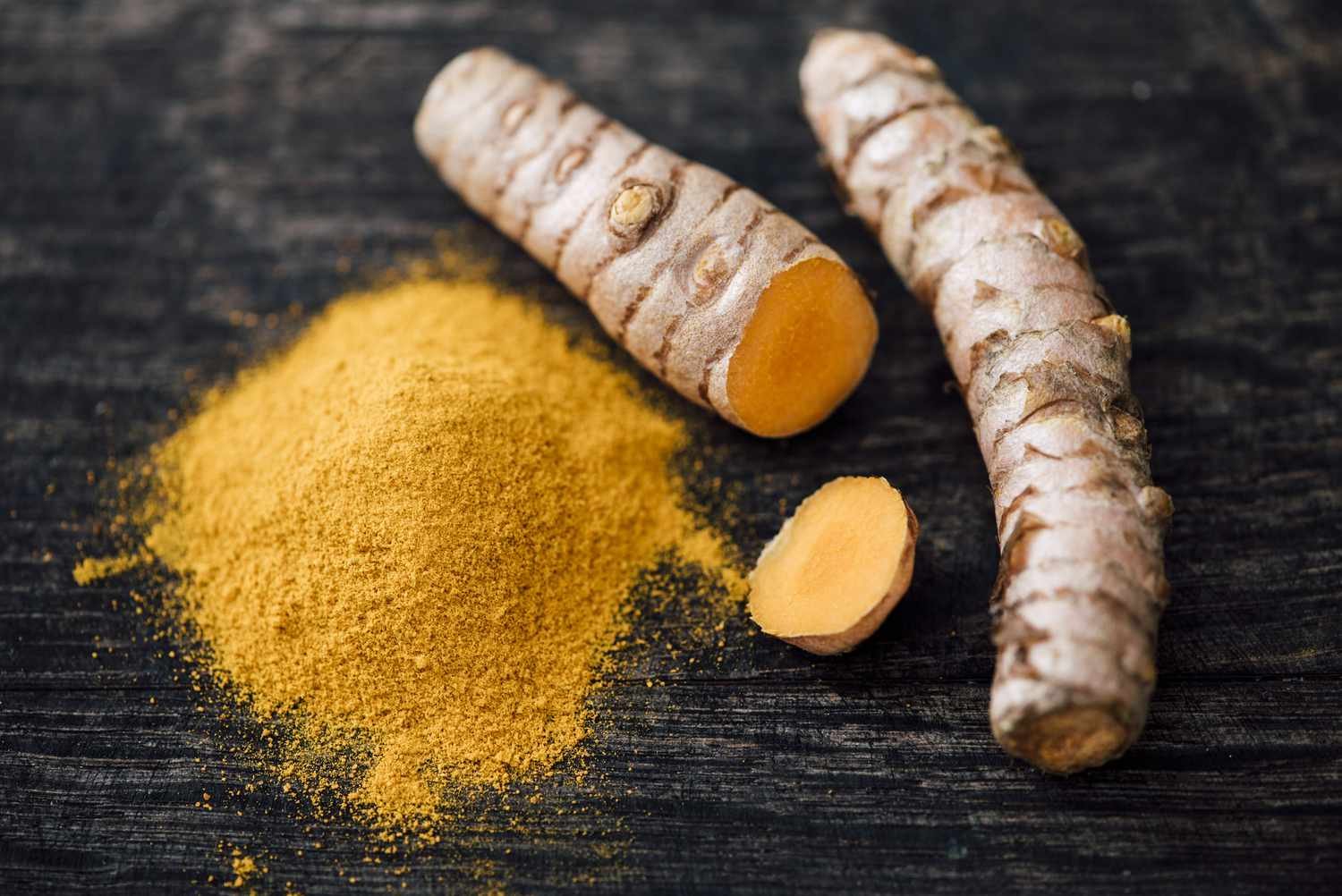Table of Contents
Introduction
For centuries, turmeric has been revered for its vibrant color, distinct flavor, and powerful medicinal properties. Originating from the tropical regions of South Asia, this golden spice has long been cherished in traditional Ayurvedic and Chinese medicine for its myriad health benefits. In this blog, we’ll explore the origins of turmeric, its numerous health benefits, potential side effects, and effective ways to incorporate it into your daily routine.
Origins of Turmeric

Turmeric, scientifically known as Curcuma longa, is a member of the ginger family and is native to the Indian subcontinent. It has been cultivated for over 4,000 years and has played a central role in Indian cuisine, religious ceremonies, and traditional medicine practices. The vibrant yellow-orange rhizome of the turmeric plant is dried and ground into a fine powder, which is used as a spice in cooking and as a natural remedy for various ailments.
Turmeric Benefits
Turmeric contains a bioactive compound called curcumin, which is responsible for many of its health-promoting properties. Curcumin is a potent antioxidant and anti-inflammatory agent, making turmeric a popular choice for alleviating joint pain, reducing inflammation, and supporting overall health.
Some of the potential health benefits of turmeric include:
- Anti-inflammatory effects: Turmeric has been shown to reduce inflammation in the body, which may help alleviate symptoms of conditions like arthritis, inflammatory bowel disease, and chronic pain.
- Antioxidant properties: Turmeric is rich in antioxidants, which help neutralize harmful free radicals and protect cells from oxidative damage.
- Improved digestion: Turmeric stimulates the production of bile in the liver, aiding in digestion and promoting gut health.
- Brain health: Curcumin may help boost brain function and lower the risk of neurodegenerative diseases like Alzheimer’s due to its antioxidant and anti-inflammatory properties.
- Heart health: Turmeric has been linked to improved heart health by reducing cholesterol levels, improving blood flow, and lowering the risk of heart disease.
Potential Side Effects
While turmeric is generally considered safe when consumed in moderate amounts as a spice in food, high doses or long-term use may cause side effects in some individuals. These may include gastrointestinal issues such as nausea, diarrhea, and indigestion. Additionally, turmeric supplements may interact with certain medications, so it’s important to consult with a healthcare professional before adding them to your regimen, especially if you have underlying health conditions or are pregnant or breastfeeding.
Effective Ways to Consume Turmeric
There are numerous ways to incorporate turmeric into your diet to reap its health benefits:

- Golden milk: A traditional Ayurvedic beverage made with turmeric, milk (or a plant-based alternative), and spices like
- cinnamon and ginger. Enjoyed warm, golden milk is a soothing and nutritious way to incorporate turmeric into your daily
- routine.
- Curries and stews: Turmeric adds both color and flavor to savory dishes like curries, stews, and soups. Simply sprinkle it into your favorite recipes for an extra boost of health benefits.
- Turmeric tea: Brew a soothing cup of turmeric tea by steeping grated fresh turmeric or turmeric powder in hot water. Add honey and lemon for extra flavor.
- Smoothies: Blend turmeric powder into your morning smoothie for a nutritious and anti-inflammatory boost.
Conclusion
Turmeric is more than just a spice—it’s a powerful superfood with a long history of medicinal use. From its origins in South Asia to its numerous health benefits, turmeric continues to captivate the interest of researchers and health enthusiasts alike. By incorporating turmeric into your daily routine through culinary creations or natural remedies, you can unlock its golden potential and support your overall health and well-being. What are you waiting for then, grab a tea, milk or smoothie made up of Turmeric.
Read More here
